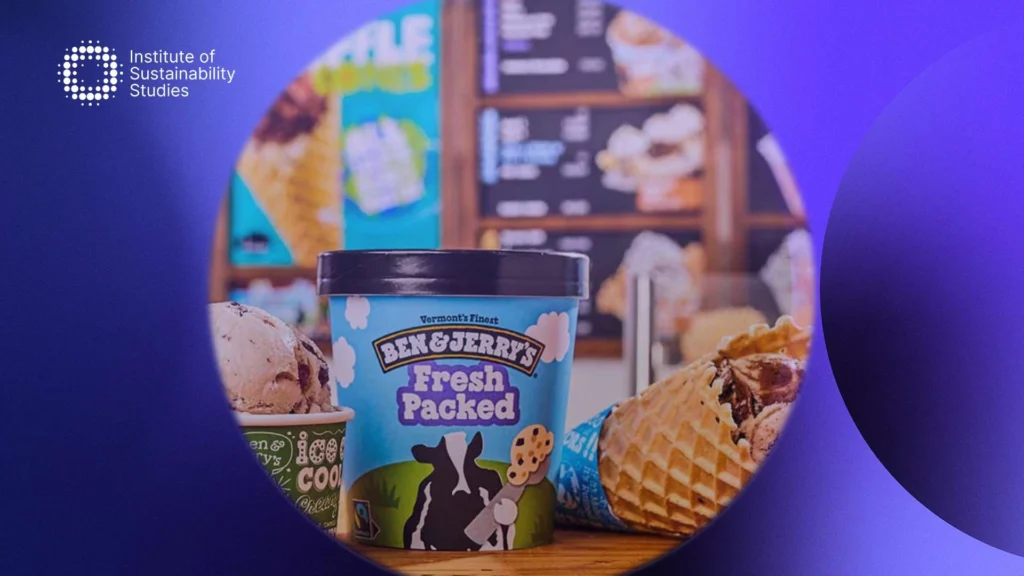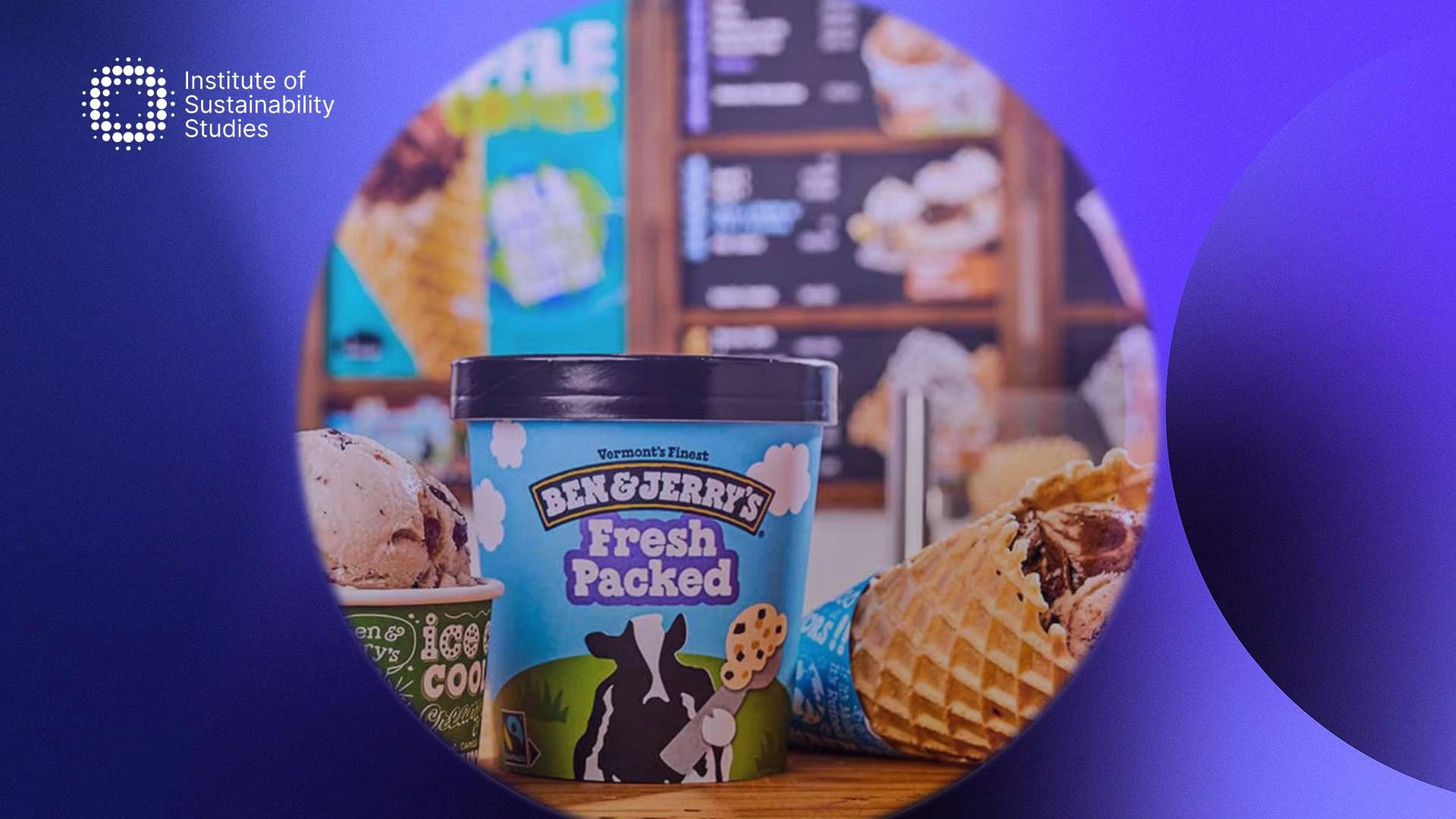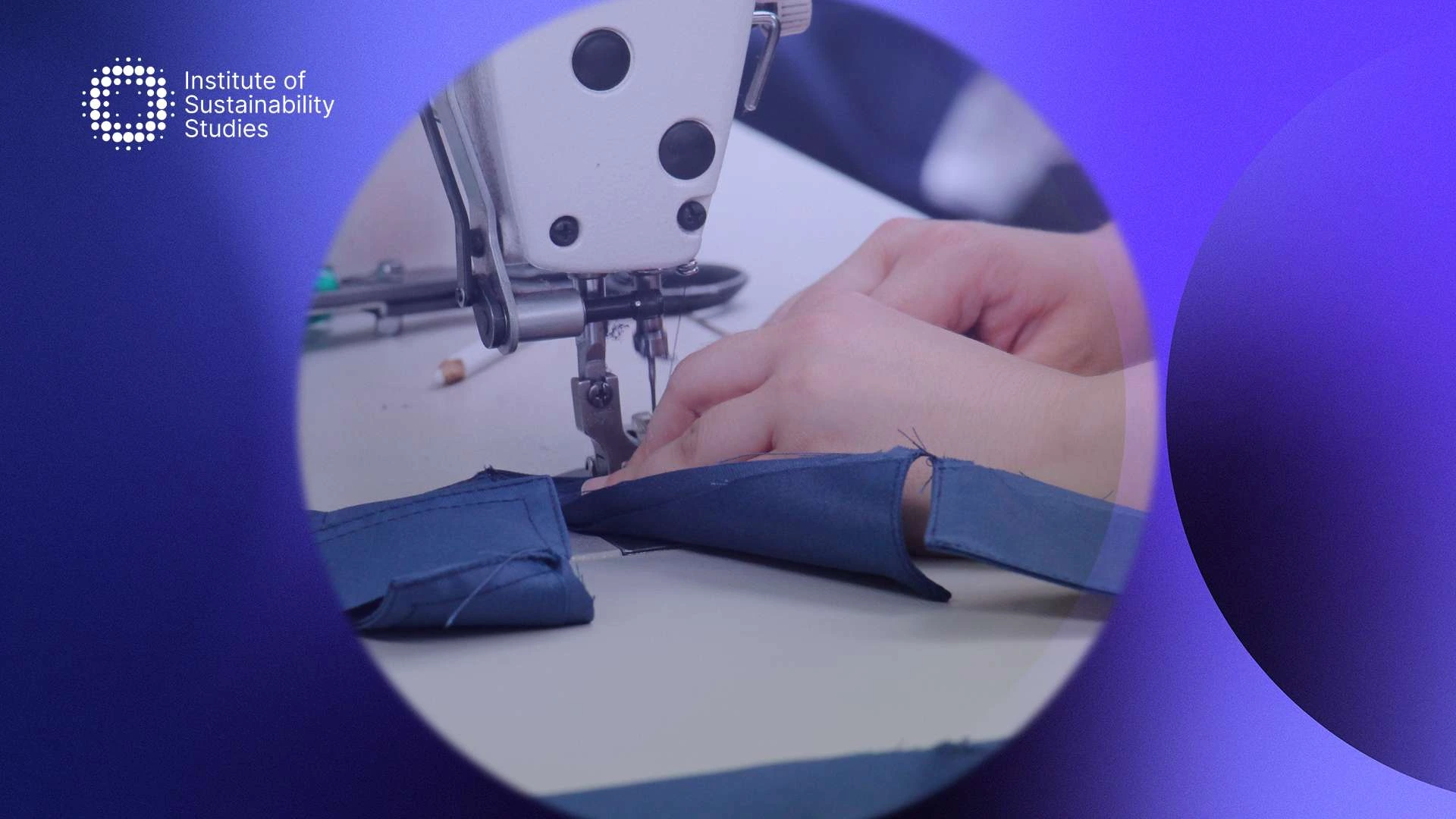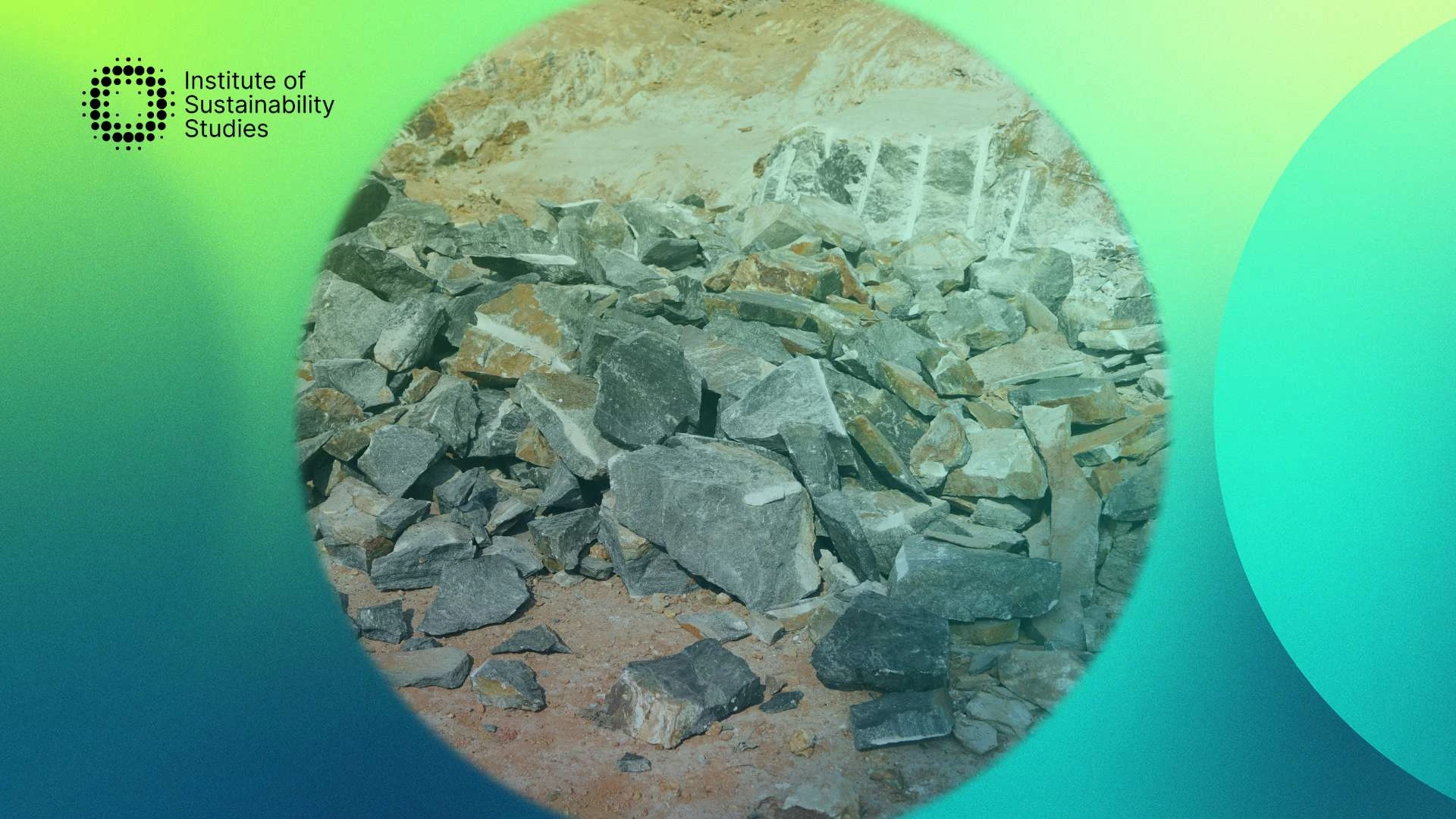Building business value through ethical innovation
When two friends opened a modest ice‑cream parlour in Burlington, Vermont, in 1978, they were driven by more than entrepreneurial spirit. They set out to create ‘the nicest possible way’ to make a positive impact – through ice cream. That ethos gave birth to a brand rooted in joy, justice, and linked prosperity, a powerful foundation that continues to define Ben & Jerry’s today.
A three‑part mission baked into every pint
Ben & Jerry’s operates on a unique, three‑part mission:
- Product mission: Delivering the finest quality, indulgent ice cream using wholesome, natural ingredients.
- Economic mission: Ensuring sustainable financial growth that benefits stakeholders and supports career opportunities.
- Social mission: Innovatively using business as a force for good, improving livelihoods locally and globally.
This integrated model (“linked prosperity”) ensures that when the business thrives, so do its farmers, communities, and employees.
Values that scoop justice and sustainability into every tub
Ben & Jerry’s core values underscore their activism and environmental commitments. They champion human rights and dignity, social and economic justice, and environmental protection, restoring and regenerating ecosystems wherever possible.
Their Caring Dairy programme exemplifies this in practice: partnering with dairy farmers across the US and Europe (including the UK) to ensure fair labour via the “Milk with Dignity” standard, uphold animal welfare through Global Animal Partnership certification, and champion regenerative agriculture for soil and ecosystem health.
Climate action measured with science, not empty promises
Ben & Jerry’s backs its environmental strategy with data and science-based targets, not vague claims:
Carbon footprint breakdown: Dairy (53 percent), other ingredients (21 percent), outbound transport (7 percent), packaging (4 percent) and smaller shares across other phases.
Science-Based Targets (SBTs):
- 100 percent renewable energy in company-owned facilities by 2025.
- 40 percent emissions intensity reduction (from 2015 levels) by 2025.
- 80 percent reduction by 2050.
Key strategies include:
- Reducing enteric emissions via improved cow feed and additives.
- Capturing methane via manure digesters to generate renewable energy and improve soil and water quality.
- Promoting regenerative feed, deforestation-free sourcing, and packaging reductions.
- Expanding low-carbon, plant-based innovations like Non-Dairy flavours using oat bases.
Innovation, certification, and global justice
Ben & Jerry’s has a history of advancing industry-leading sustainability and fair trade practices:
- The first wholly owned subsidiary to secure B Corp Certification, reinforcing its commitment to stakeholder prosperity.
- A strong track record in Fairtrade sourcing, from bananas and cocoa to coffee, sugar, and vanilla, reducing poverty and improving equity in supply chains.
- In 2022, the first ice‑cream company to join Tony’s Open Chain, ensuring full traceability of cocoa beans and supporting justice for cocoa farmers.
Sustainability as a shared responsibility
For Ben & Jerry’s, partnerships aren’t just Corporate Social Responsibility (CSR) measures; they’re strategic levers for innovation, resilience, and shared value. Whether co-developing low-carbon dairy with farmers across the US and Europe or launching ethical cocoa sourcing collaborations with Tony’s Chocolonely, the brand uses partnerships to reduce emissions, enhance supply chain traceability, and address systemic challenges.
These initiatives not only improve operational outcomes but also build stronger relationships across their value chain. In working with the Sierra Club on clean energy advocacy, Rivian on electric scoop trucks, and the Marine Stewardship Council on sustainable sourcing awareness, Ben & Jerry’s demonstrates that sustainability leadership is amplified through alignment.
These partnerships help the company reach new audiences, pilot low-emission solutions, and embed accountability, turning purpose into business advantage. For organisations on their sustainability journey, the lesson is clear: impact scales when collaboration is part of the strategy.
Looking ahead
While Ben & Jerry’s remains committed to its 2025 and 2050 science-based targets, the company continues to advance non-dairy innovations, regenerative agriculture, and supply chain transparency. As one of the first B Corps and a leader in fair trade and social activism, their influence stretches beyond ice cream, championing a model where business is a powerful platform for justice.
_____
Want to read more business spotlights?
Dedicated to harnessing the power of storytelling to raise awareness, demystify, and drive behavioural change, Bronagh works as the Communications & Content Manager at the Institute of Sustainability Studies. Alongside her work with ISS, Bronagh contributes articles to several news media publications on sustainability and mental health.
- Bronagh Loughlinhttps://instituteofsustainabilitystudies.com/insights/author/bronagh/
- Bronagh Loughlinhttps://instituteofsustainabilitystudies.com/insights/author/bronagh/
- Bronagh Loughlinhttps://instituteofsustainabilitystudies.com/insights/author/bronagh/
- Bronagh Loughlinhttps://instituteofsustainabilitystudies.com/insights/author/bronagh/











